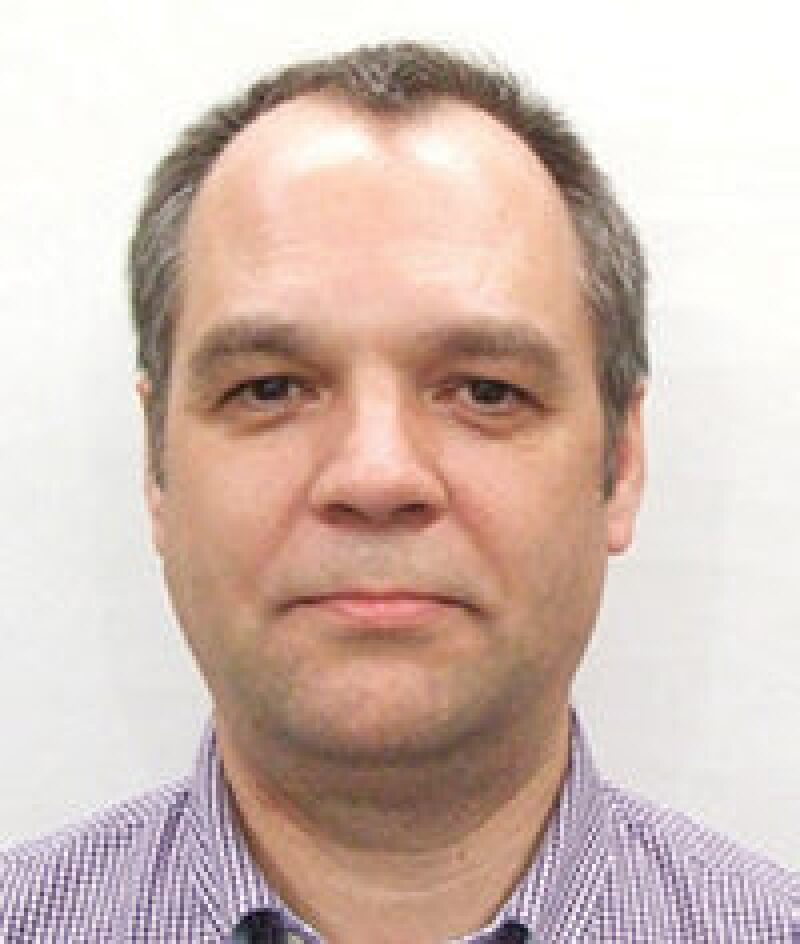On occasion, there is a tendency to equate new advances in automation and intelligent systems with an inevitable workforce reduction, to an extent that people can begin to resist their application. However, as we all know from our own oilfield experiences, intelligent systems require well-prepared and creative engineers to deliver a successful and economic outcome and a synergetic relationship enhances the business and opportunity set as a whole.
These technology advances offer a newer dimension to those options for qualified engineers to select, develop, and apply effective applications to ever-more-complex issues. As the resources that the industry develops become increasingly challenging, access to a broader range of options and new and developing approaches allows more-efficient and -effective recovery.
This month, I have selected a suite of papers that considers intelligent systems, all clearly demonstrating that these approaches are becoming increasingly mainstream in their selection and use. All the papers presented and suggested here demonstrate that the equipment, the techniques, or the systems alone cannot deliver the solutions. Instead, the systematic and innovative ways considered in their applications are responsible.
In time, the use of intelligent and automated systems will mature further into just another set of tools that the engineering community uses with increasing frequency to deliver the most-efficient development solutions. When that occurs, the industry preoccupation will have moved on to the next wave of innovations, technologies, and advancements, which no doubt will raise new and specific challenges.
This Month's Technical Papers
All-Electric Subsea Well Brings Benefits vs. Traditional Hydraulic Technology
First Three-Zone Intelligent Completion in Brazilian Presalt: Challenges and Lessons
Triple-Zone Intelligent Completions Aid Extended Well Tests of Exploratory Wells
Recommended Additional Reading
OTC 28103 Intelligent Completions Used During Extended Well Test of Exploratory Wells in Brazil by L. Costa, Halliburton, et al.
OTC 27748 The Qualification Methodology Behind an Integrated Multizone Frac-Pack and Intelligent Completion for the Lower Tertiary by R. Jannise, Halliburton, et al.
SPE 187071 Real-Time Downhole Measurements During Deepwater Frac-Pack Completions in the Gulf of Mexico by A. Hawthorn, XACT Downhole Telemetry, et al.


